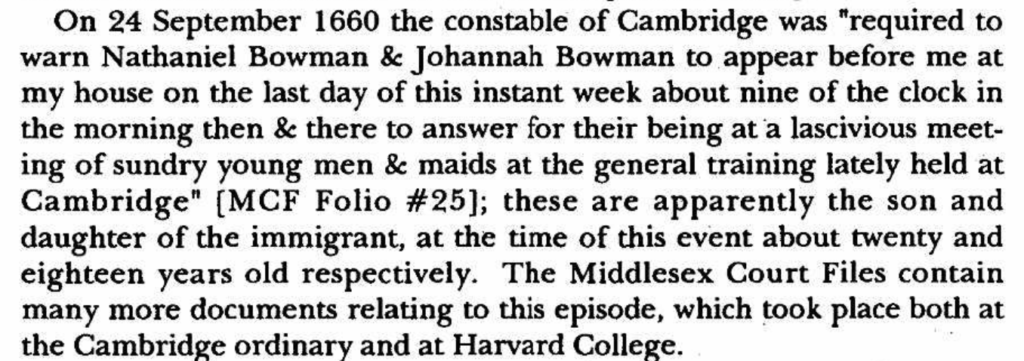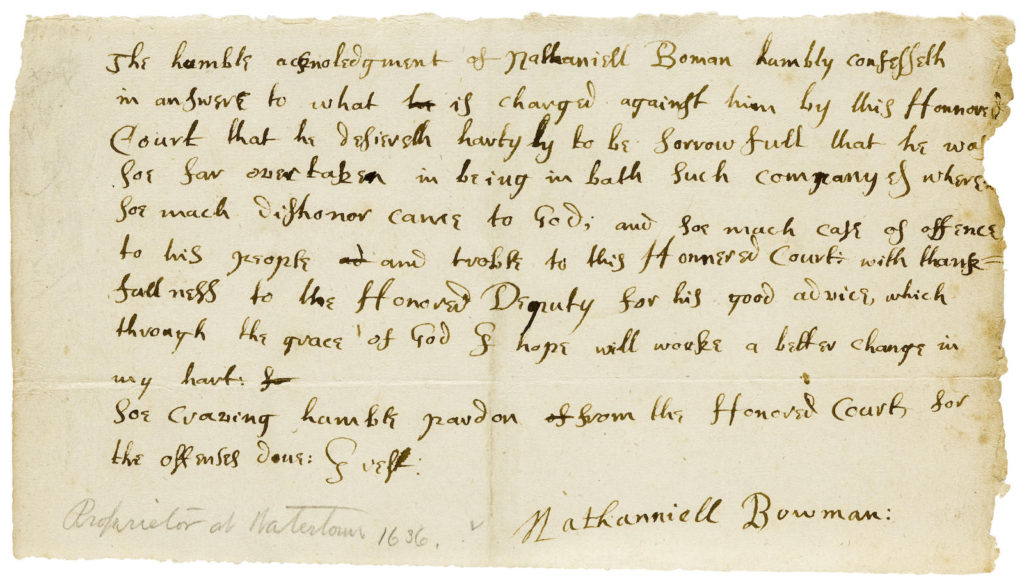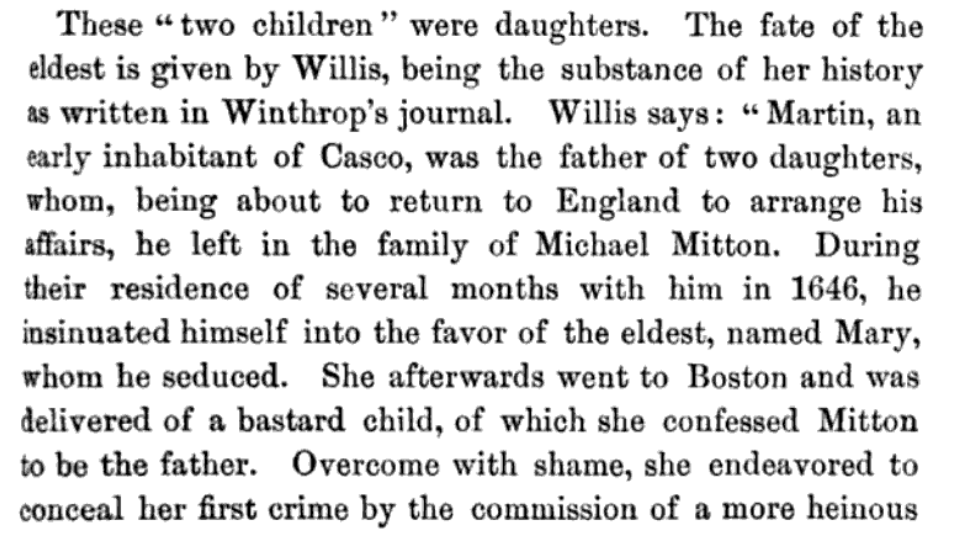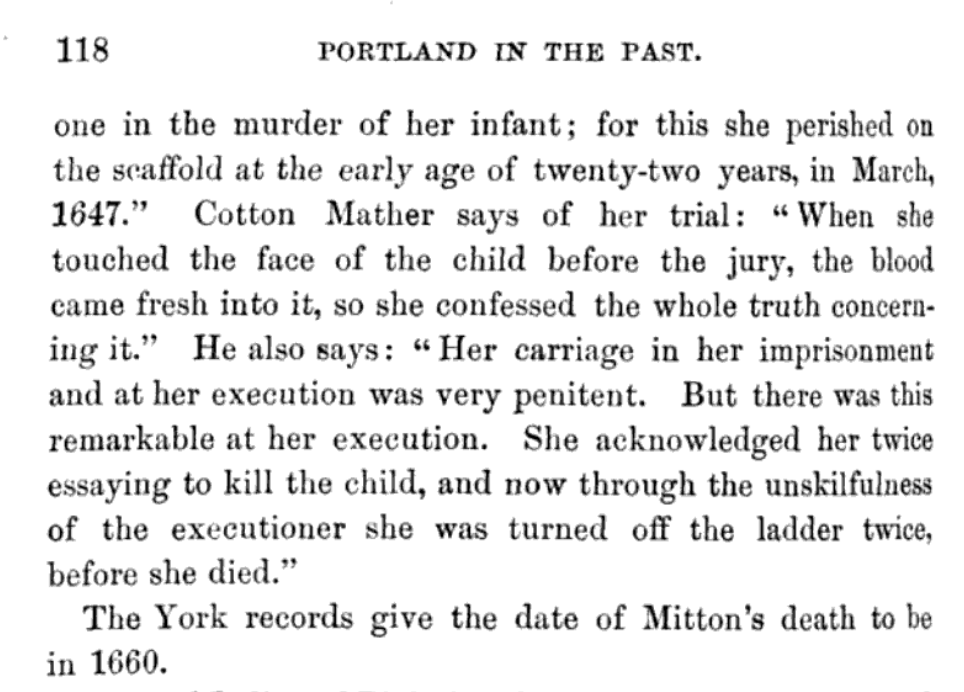Rowdiness in Massachusetts Bay Colony
Nathaniel Bowman, my 9th great grandfather (paternal) was born in Leek, England in about 1605 and immigrated to the Massachusetts Bay Colony in I630. Nathaniel, a yeoman, was one of the original settlers of Watertown, Massachusetts. In 1652, Nathaniel moved to the Shawshine division in Cambridge (Lexington) where he farmed on 20 acres. Descendants of Nathaniel resided in Lexington for over 250 years and his g-g-grandson Ebenezer Bowman was one of the militia that stood on Lexington Common (only 17 years old) and witnessed the “shot hear round the world.” (Check out this previous post: The Shot Heard Round Buckman Tavern)
“There is also no evidence that (Nathaniel) Bowman ever joined the church in Watertown or Cambridge; this is partly indicated by the fact that he applied for freemanship in 1630, but never became a freeman, which after May 1631 required church membership.” (Great Migration Study Project)
Nathaniel’s story, while remarkable in his decision to risk venturing across the ocean to start a new life, was largely uneventful with little actual documentation. What makes him interesting is the mystery of a court confession attributed to him and sold at auction for $2,000 in 2016.
However, the true culprits appear to be his son Nathaniel Jr. (1641-1707) and his daughter Johanna (1642-1682), Cambridge “townies,” who were caught carousing with Harvard University students in 1662. They were ordered to appear before the Middlesex Court, as described below, that later resulted in a signed confession by Nathaniel Jr. I was unable to uncover a record of any fines or other punishment by the court against Nathaniel or Johanna.


An edited version of the document reads: “The humble acknowledgment of Nathaniel Bowman humbly confesses in answer to what is charged against him by this Honored Court that he desires heartily to be sorrowful that he was so far overtaken in being in both such company & whereas so much dishonor came to God; and so much ca[u]se of offence to his people and trouble to this Honored Court; with thankfulness to the Honored Deputy for his good advice, which through the grace of God I hope will work a better change in my heart. So craving humble pardon from the Honored Court, for the offenses done.”
Comments, corrections and and suggestions appreciated.
Copyright © 2020. All Rights Reserved by David R. French.


